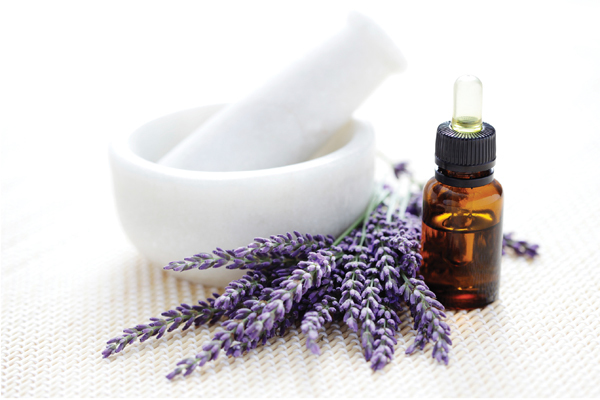A well-oiled machine

“Essential oils can offer gentle and effective treatments for common […]
“Essential oils can offer gentle and effective treatments for common issues in pregnancy, like morning sickness, muscle aches and pain, and aid in relaxation,” says Demetria Clark, director of Heart of Herbs and author of Aromatherapy and Herbal Remedies for Pregnancy, Birth and Breastfeeding.
If you’re battling nausea … Take a whiff of lemon oil (citrus limon) from the bottle. Clark also recommends adding one or two drops to a cotton ball, and storing it in a zip-top bag for on-the-go relief.
If you’re feeling tense … Diffuse tangerine oil (citrus reticulata) to reduce anxiety and help with pain management, even during labor. “We know pain is heightened when we are afraid or under stress,” says Clark. “This oil can help with that.” It blends well with lavender and lemon.
If you’re having trouble sleeping … Mix a few drops of lavender oil (lavan- dula angustifolia) with a dollop of lotion (about 10 drops for 2 ounces), and rub it into your temples, hands or tummy—it’s soothing for stretch marks, too.
Safety first
Some experts recommend waiting until the second trimester before using essential oils. Talk with your health care provider about what’s right for you, and heed the following precautions …
- Use only high quality, pure essential oils.
- Less is more. Be judicious with how much you use—in both amount and frequency.
- Before applying to your skin, dilute essential oils with a teaspoon of base (aka carrier) oil, such as grapeseed or coconut oil.
- Avoid internal use. Do not ingest oils as this practice hasn’t been proven safe, warns Clark. Steer clear of the eyes, nasal passages and genitals, too.
- Not all oils are safe during pregnancy. For a full list, visit naha.org.







